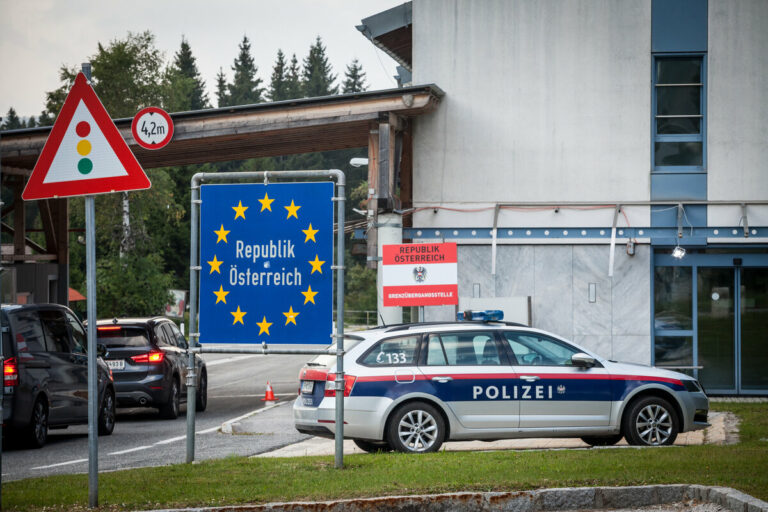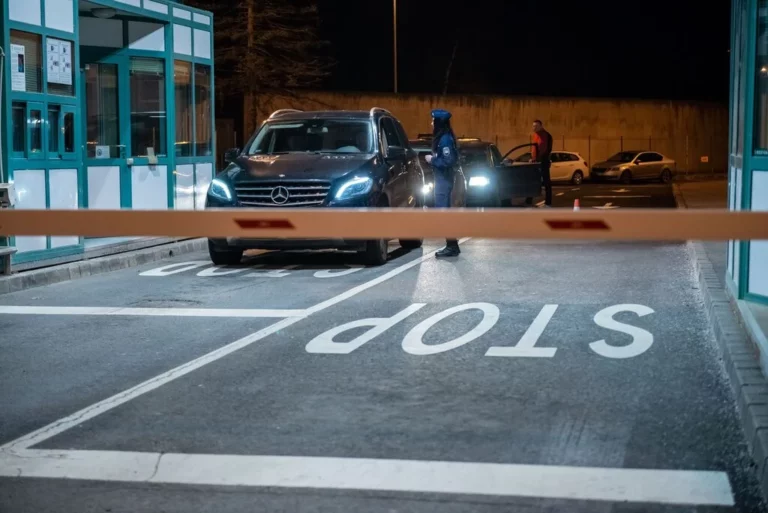Austria
FM Szijjártó: Hungary and Austria’s far-right parties back ‘common sense revolution’, slam Brussels

PHOTOS: Buried documents of Hungarian hussars discovered in Austria after 80 years

BREAKING: Austria, Slovakia lift temporary border crossing restrictions!

Vienna Josephinum opens exhibition on Hungarian Nobel laureate Karikó

Horrific – 15-year-old Hungarian girl raped by her father, teacher vanished: Albanian mafia may hold her hostage

Austrian authorities extend Hungarian border checks due to mafia concerns

Hungarian man on the run after murdering ex-girlfriend in Austria: She asked for protection but got none

Femicide in Salzburg: Hungarian man suspected of killing ex-girlfriend

Hungarian FM hosts Austria’s Parliamentary President Rosenkranz for talks in Budapest

PM Orbán holds talks with speaker of Austria’s National Council Rosenkranz

Austrian authorities baffled: Hungary failed to inform them about buried FMD-infected cattle near the border

Important: Croatia follows Slovakia and Austria in introducing border restrictions to Hungary

Austria deploys troops to the Hungarian border, Orbán cabinet talks about possible act of bioterrorism

Travelling to one of the world’s most developed megalopolises became easier from Budapest

Austrian men attacked for their Jewish faith at Hungarian rest stop

Slovakia and Austria close borders with Hungary: everything you need to know

Minister Nagy: Efforts to contain foot-and-mouth disease successful in Hungary, new decontamination points – video

Update on the spread of foot-and-mouth disease in Hungary





 ZH
ZH IT
IT DE
DE HR
HR NL
NL FR
FR JA
JA RO
RO RU
RU ES
ES TR
TR
